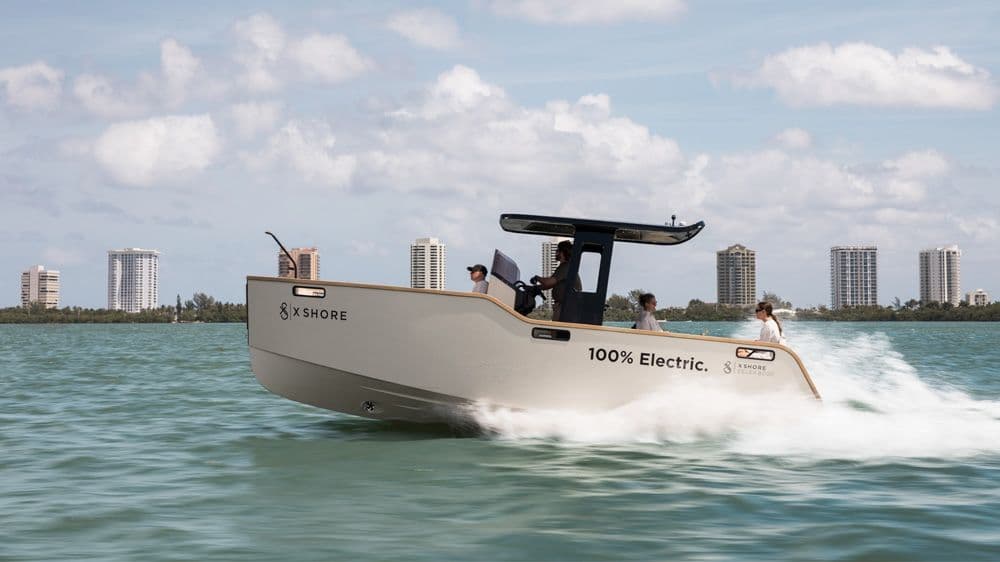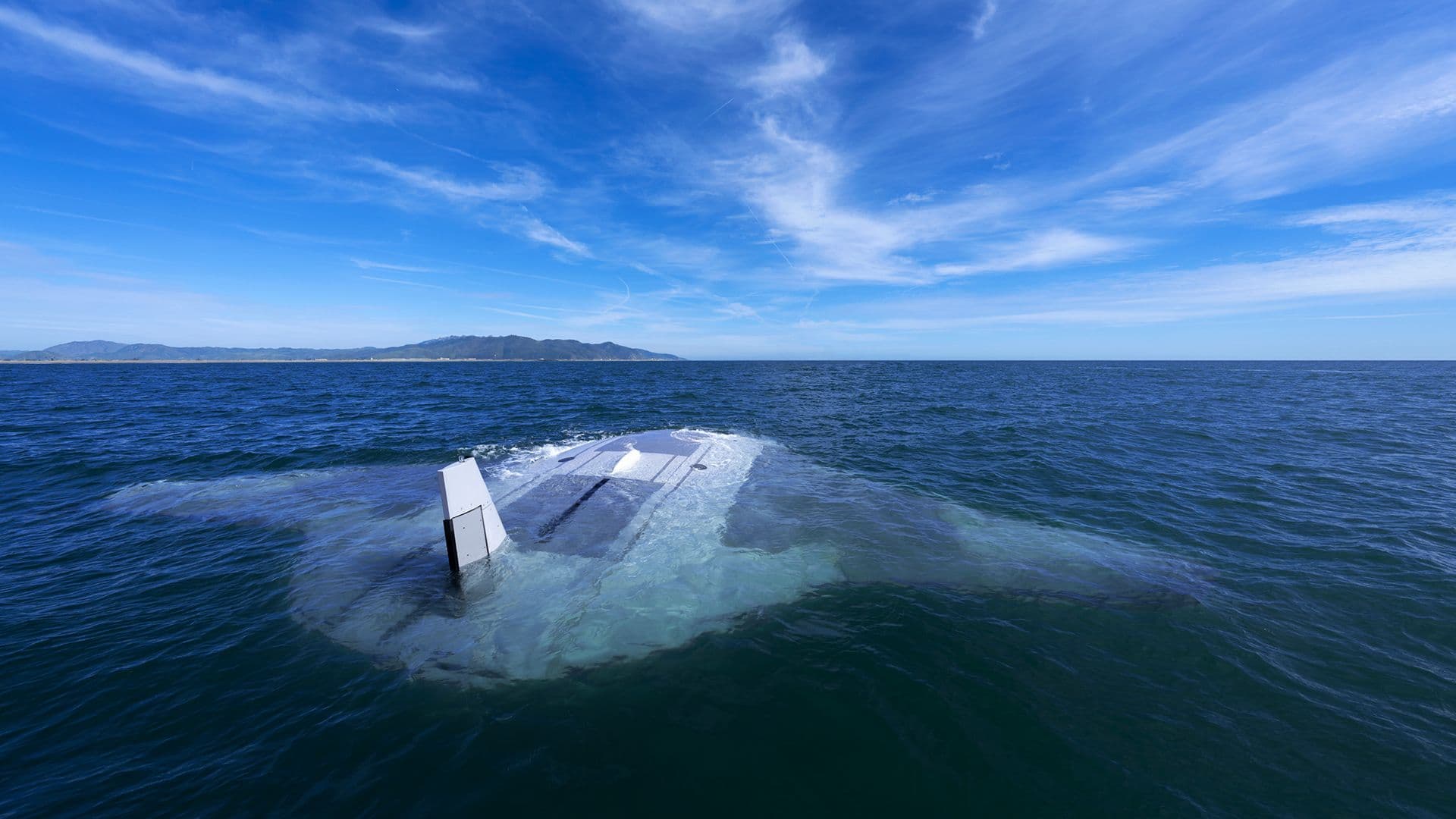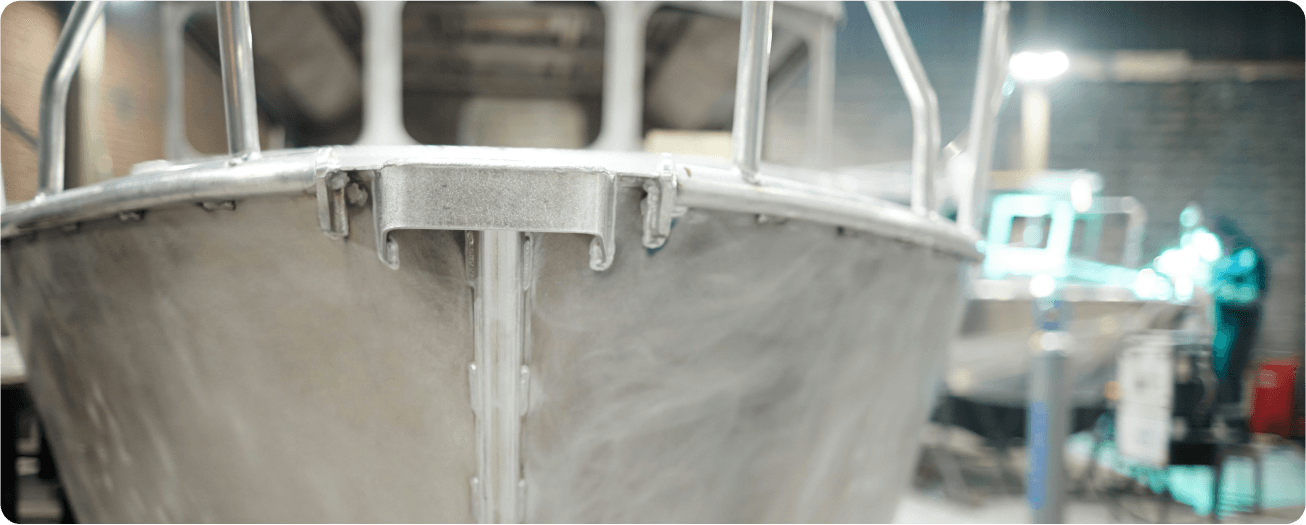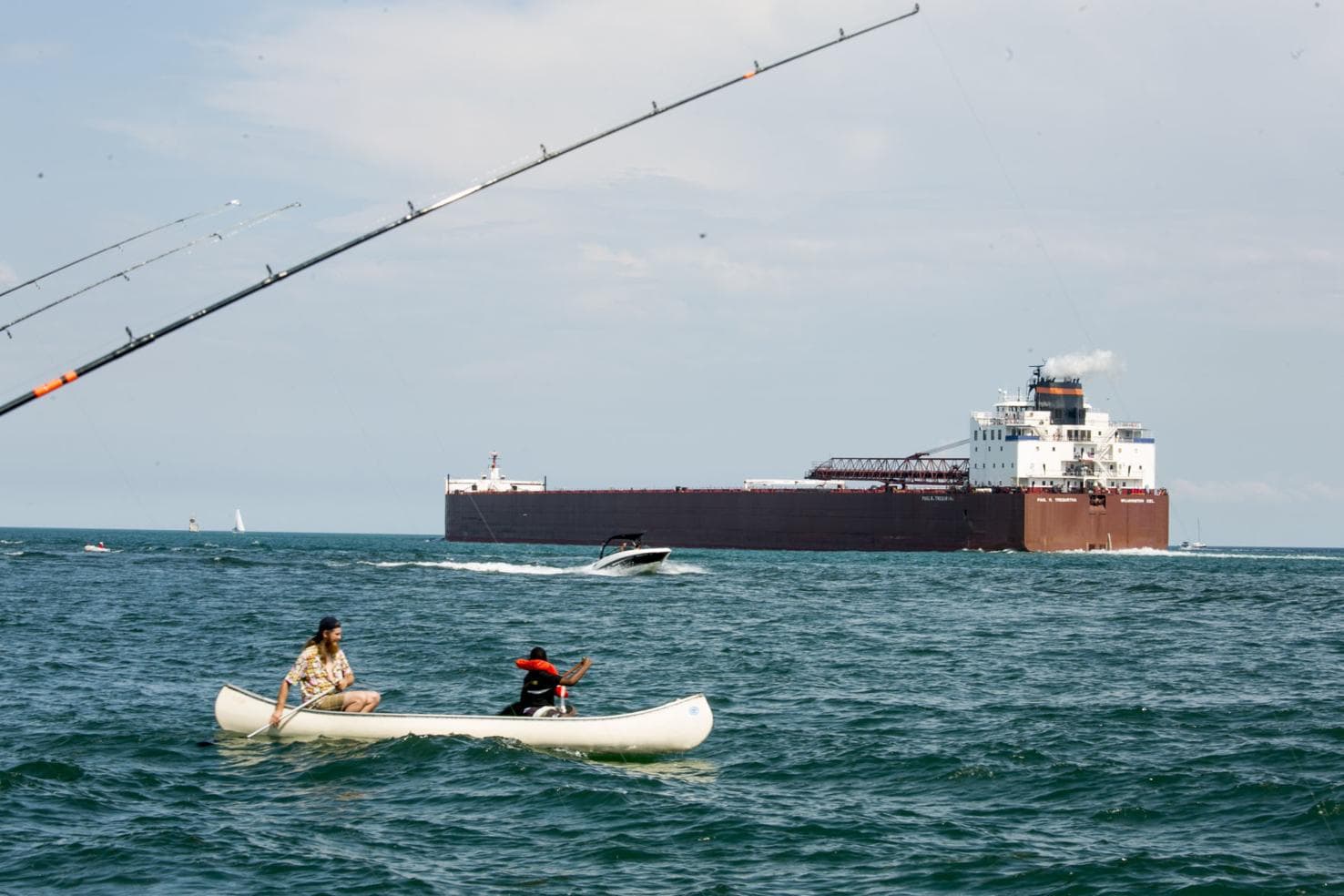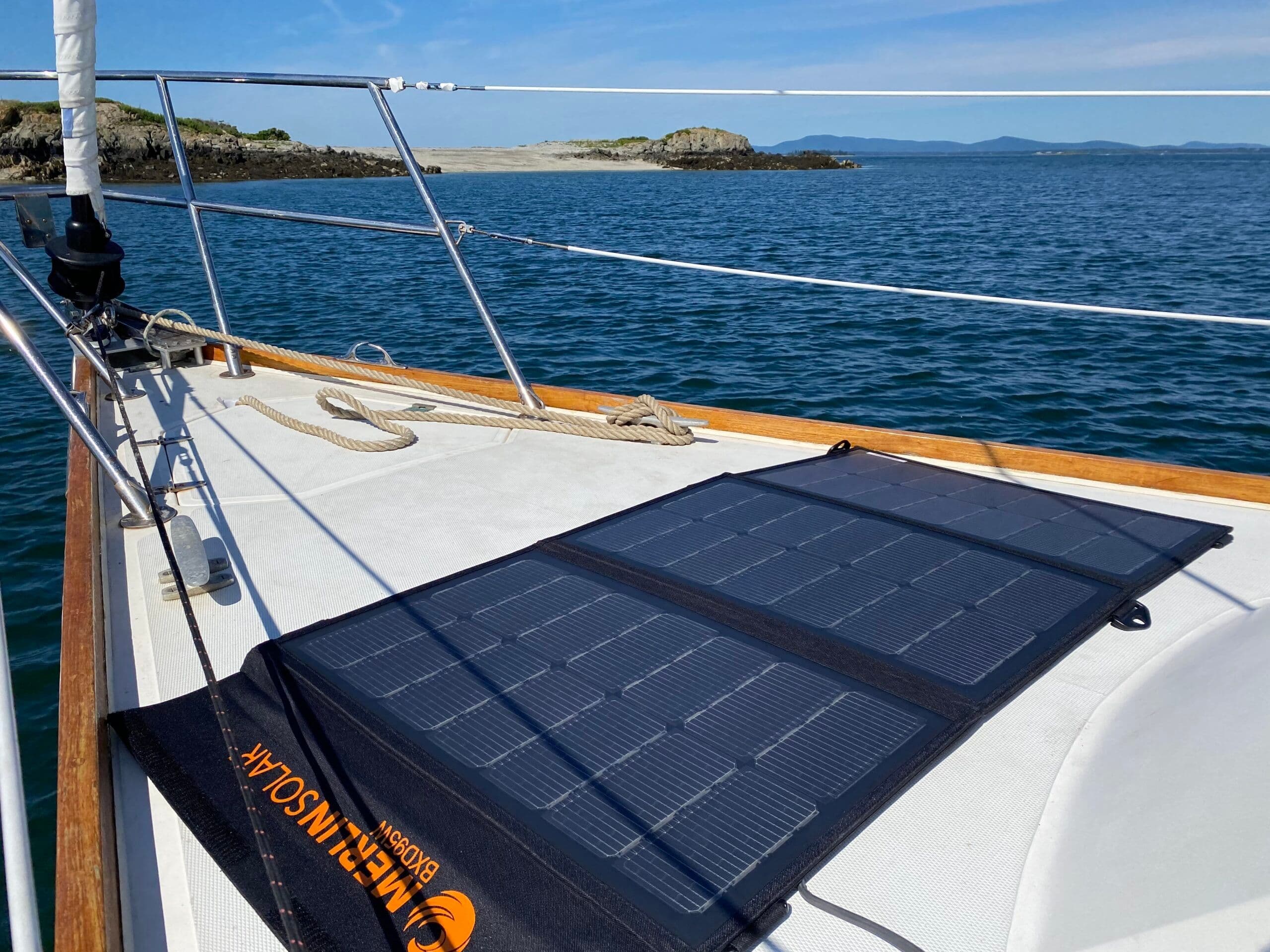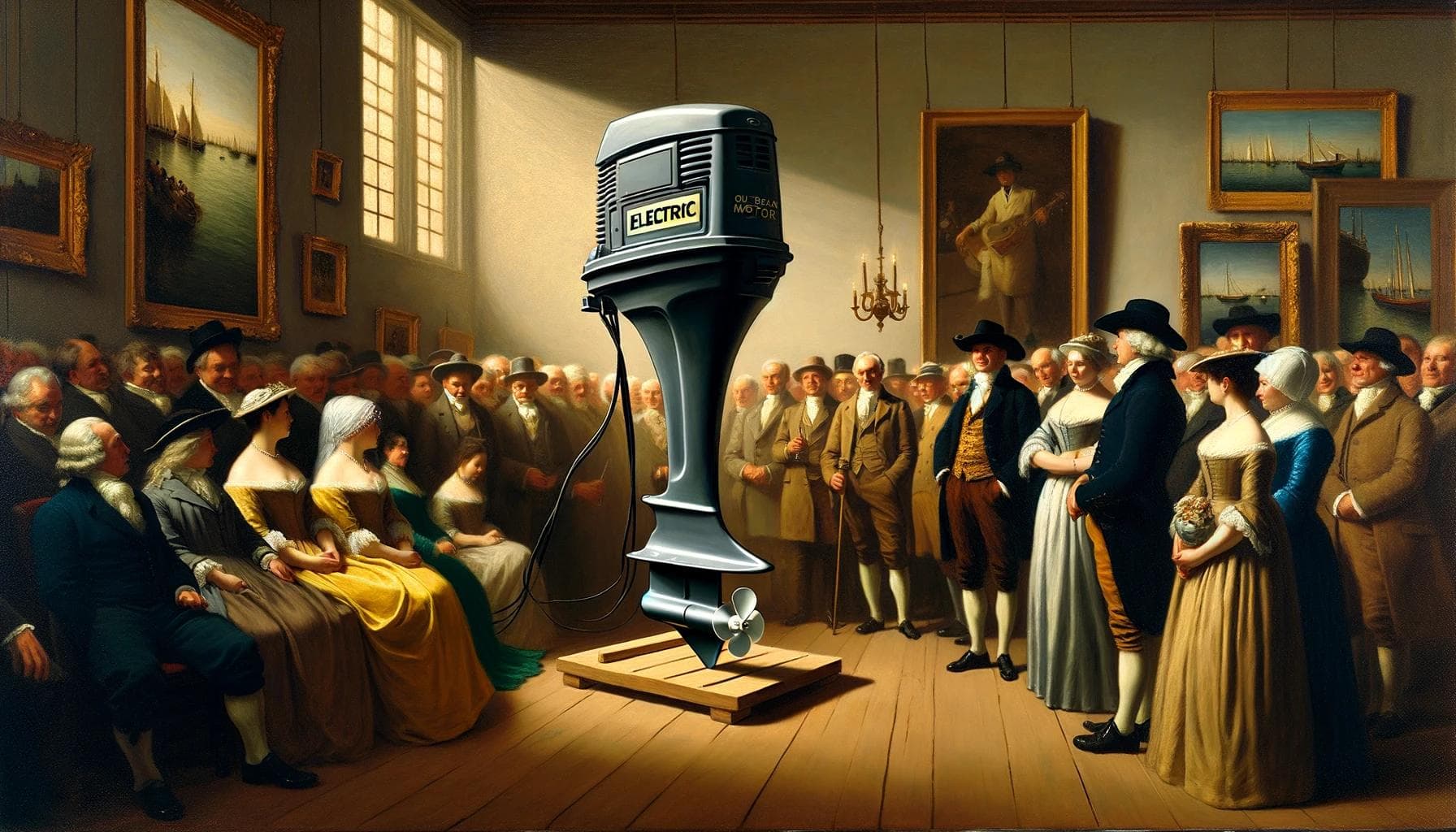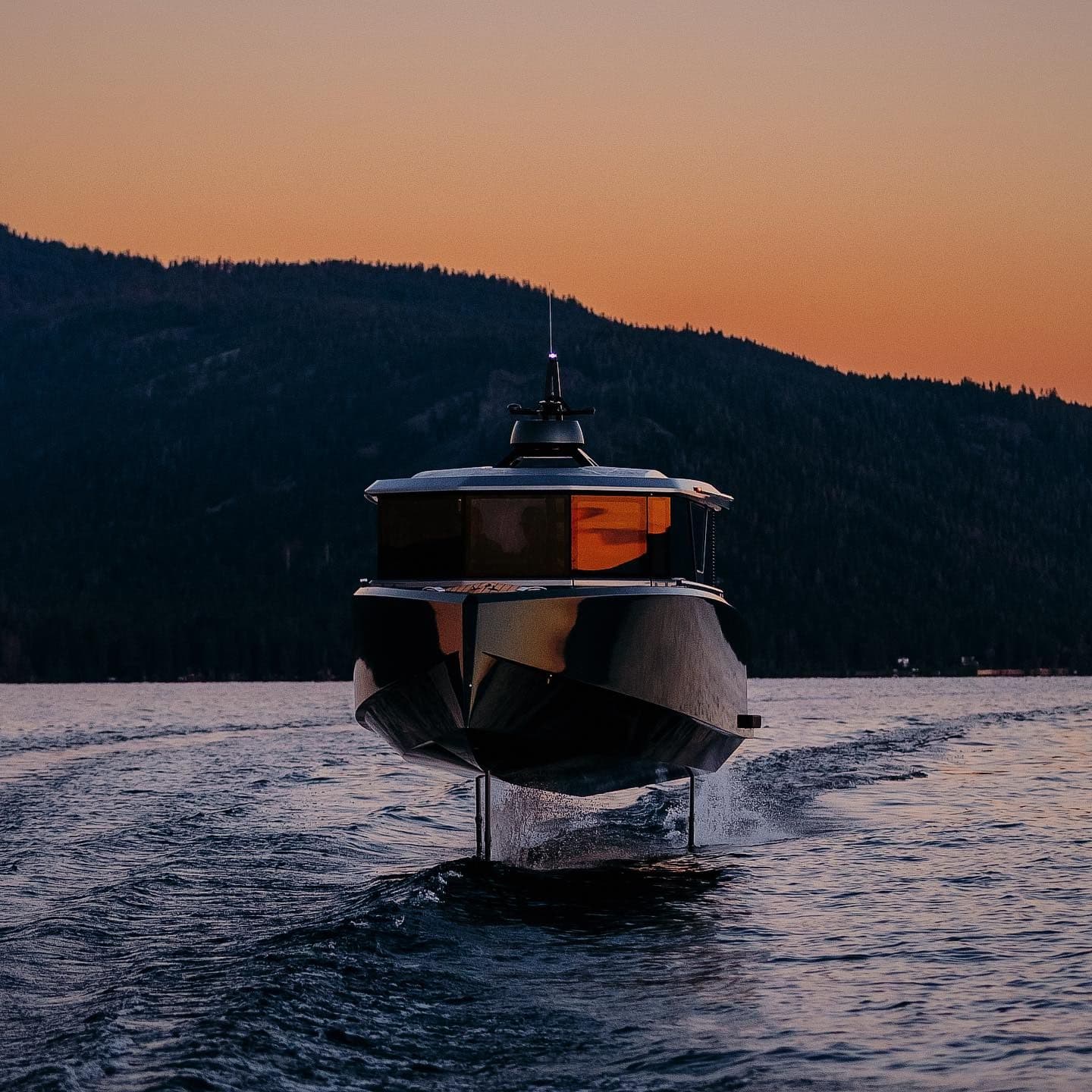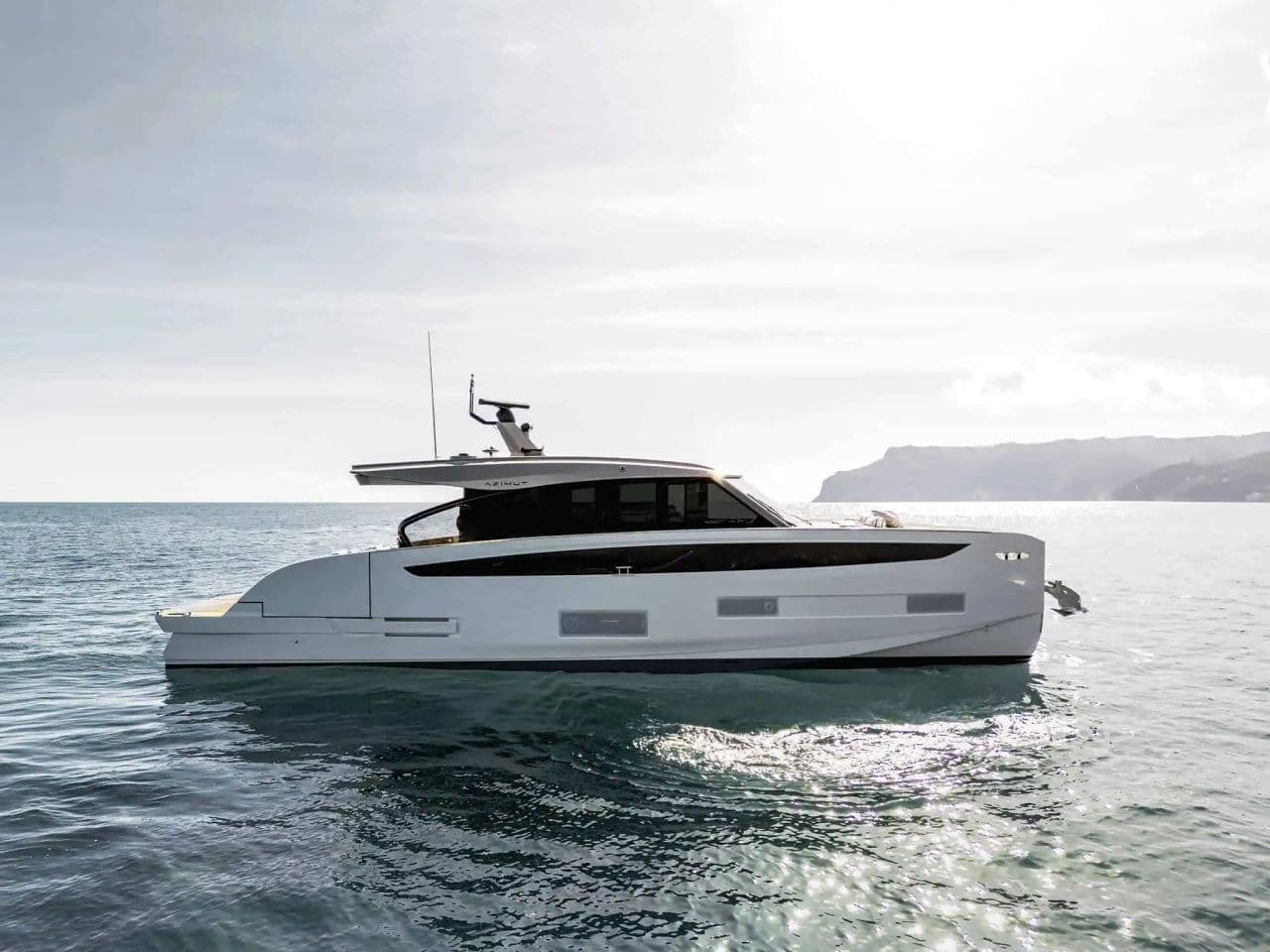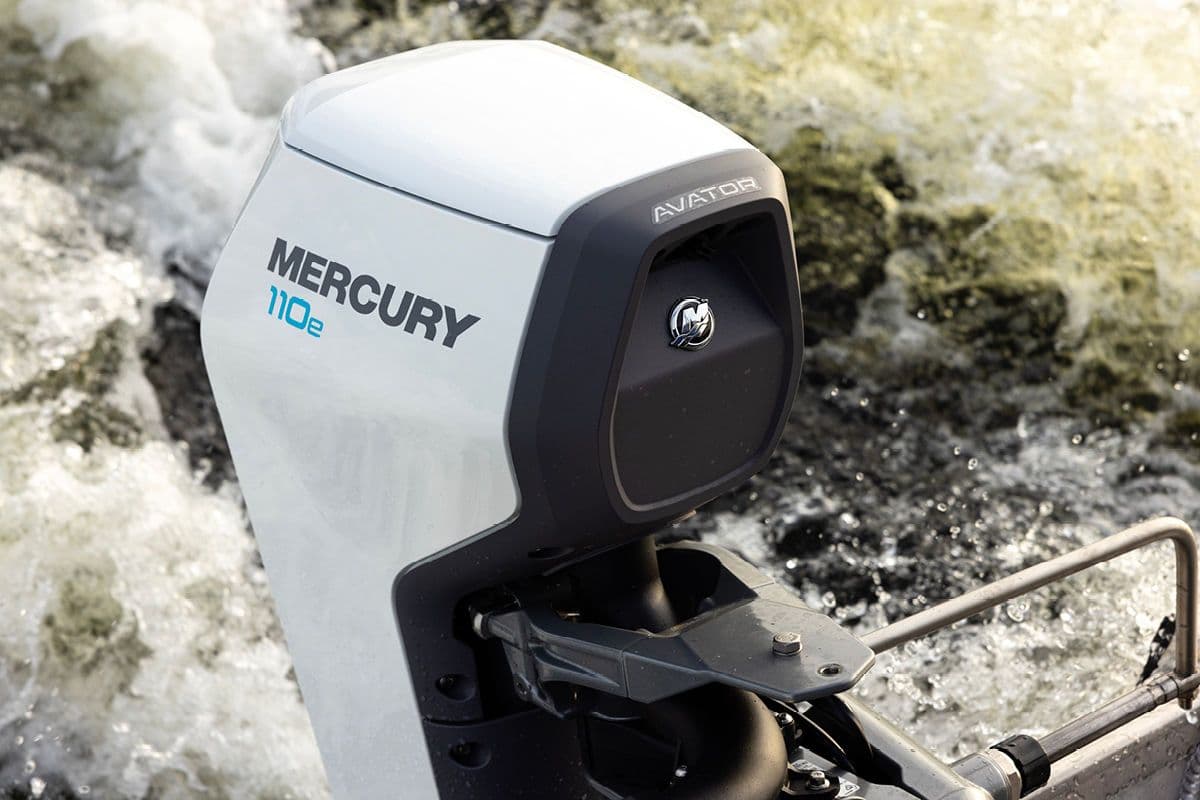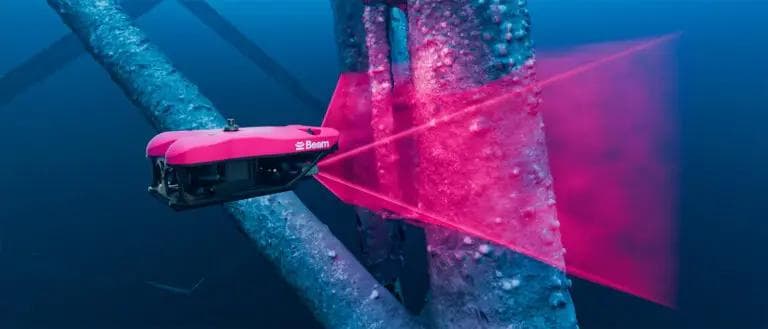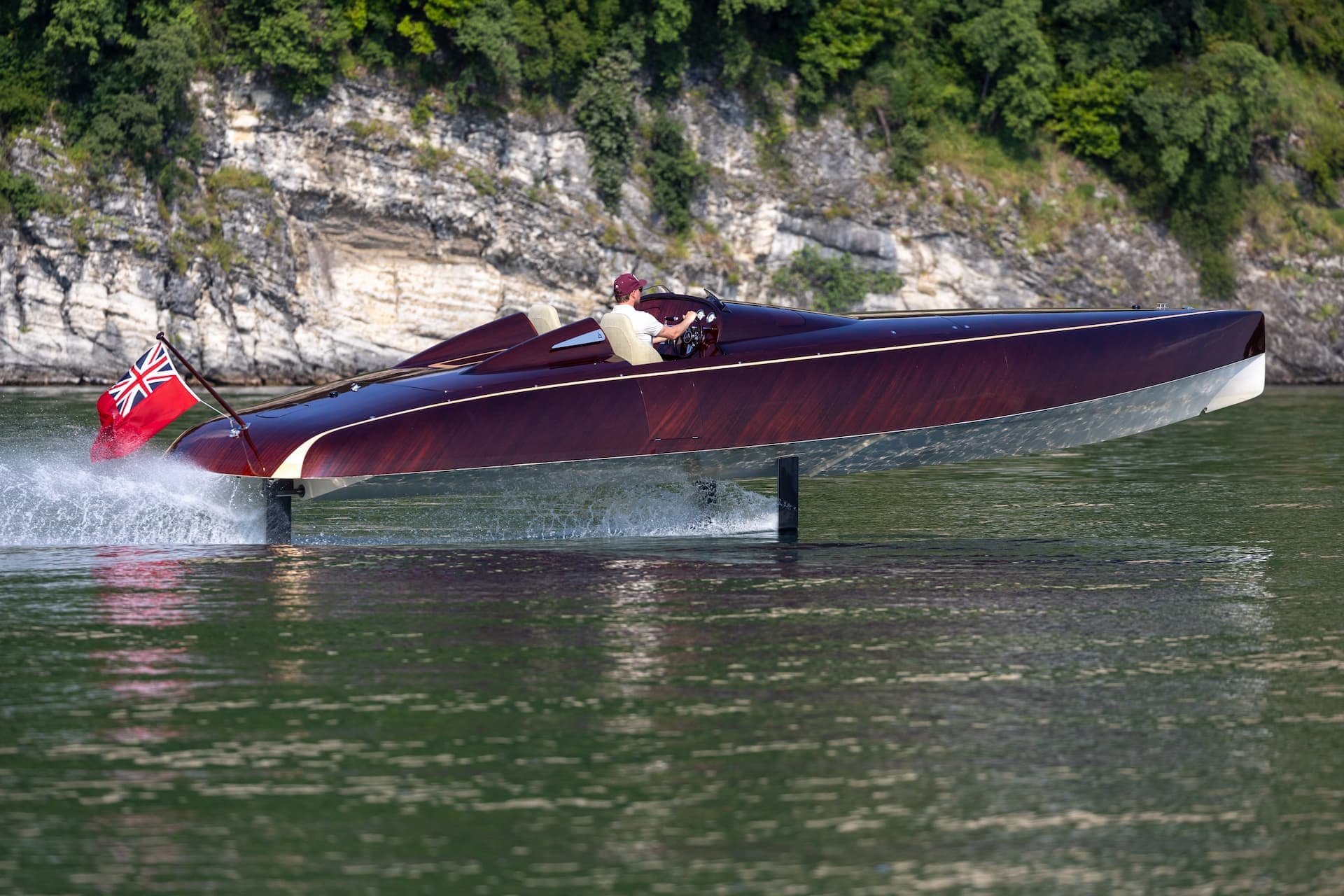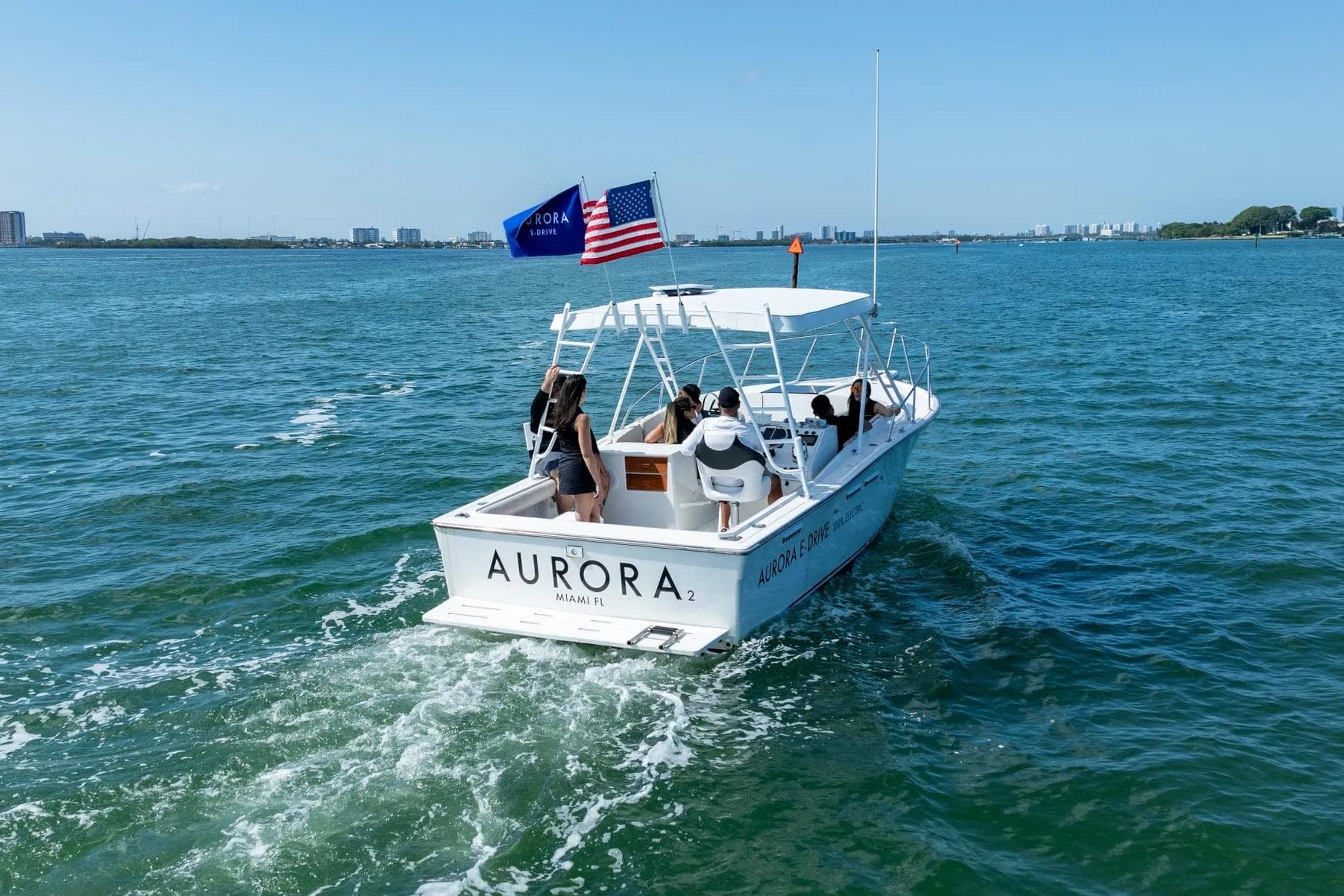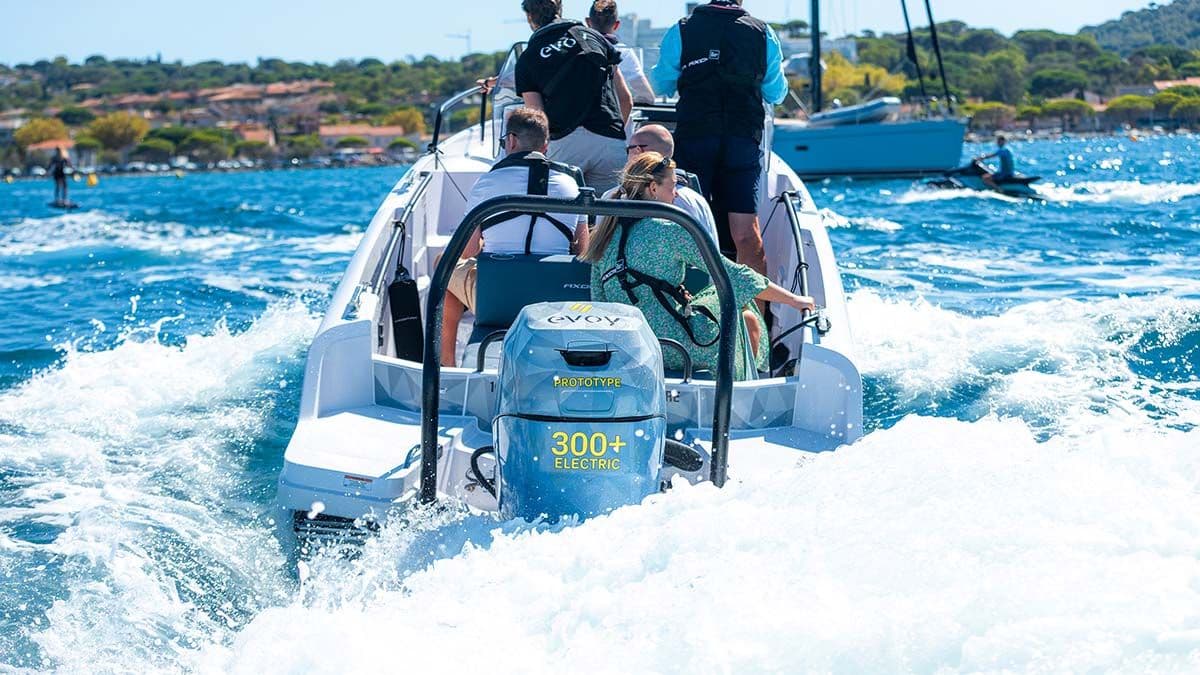Electric boats are revolutionizing the boating industry, offering a greener, quieter, and often more cost-effective alternative to traditional combustion engine boats.
This guide will delve into the various aspects of electric boat efficiency, helping you understand whether it's the right choice to sell your old boat and switch to an electric one.
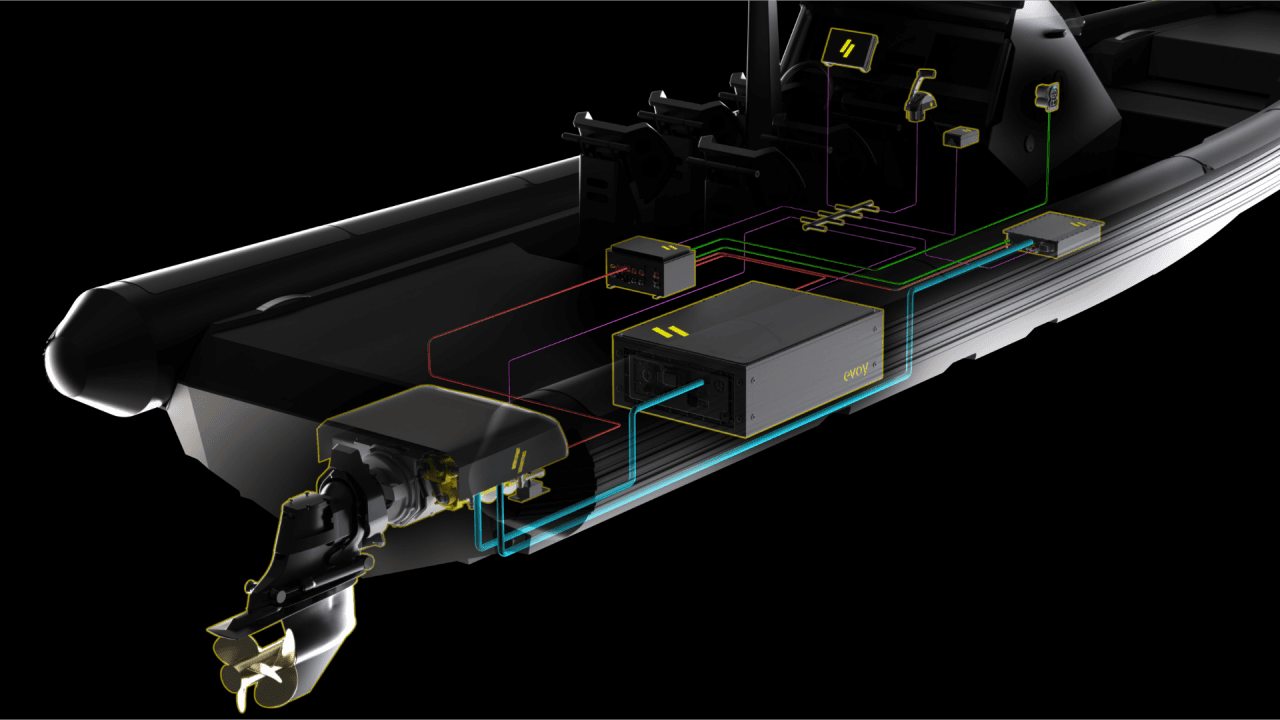
Energy Source and Conversion Efficiency
Combustion Engines:
- Energy Source: Use gasoline or diesel.
- Conversion Efficiency: Only about 20-30% of the energy from the fuel is converted into usable power, with the majority lost as heat.
Electric Boats:
- Energy Source: Use batteries that store electrical energy.
- Conversion Efficiency: Electric motors convert about 85-90% of electrical energy from the battery into usable power. This high efficiency means less energy waste and more effective use of power.
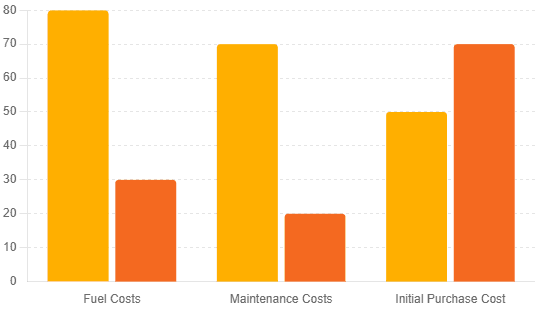
Cost Analysis
Running Costs:
- Combustion Engines: Fuel costs can be significant and fluctuate with market prices. Maintenance includes regular oil changes, filter replacements, and other engine-related upkeep.
- Electric Boats: Electricity is generally cheaper than gasoline or diesel. Maintenance is more straightforward and less frequent, involving fewer moving parts and no need for oil changes.
Initial Purchase Cost:
- Electric boats often have a higher upfront cost due to the expense of batteries and advanced technology. However, this is balanced by the lower operational and maintenance costs over time.
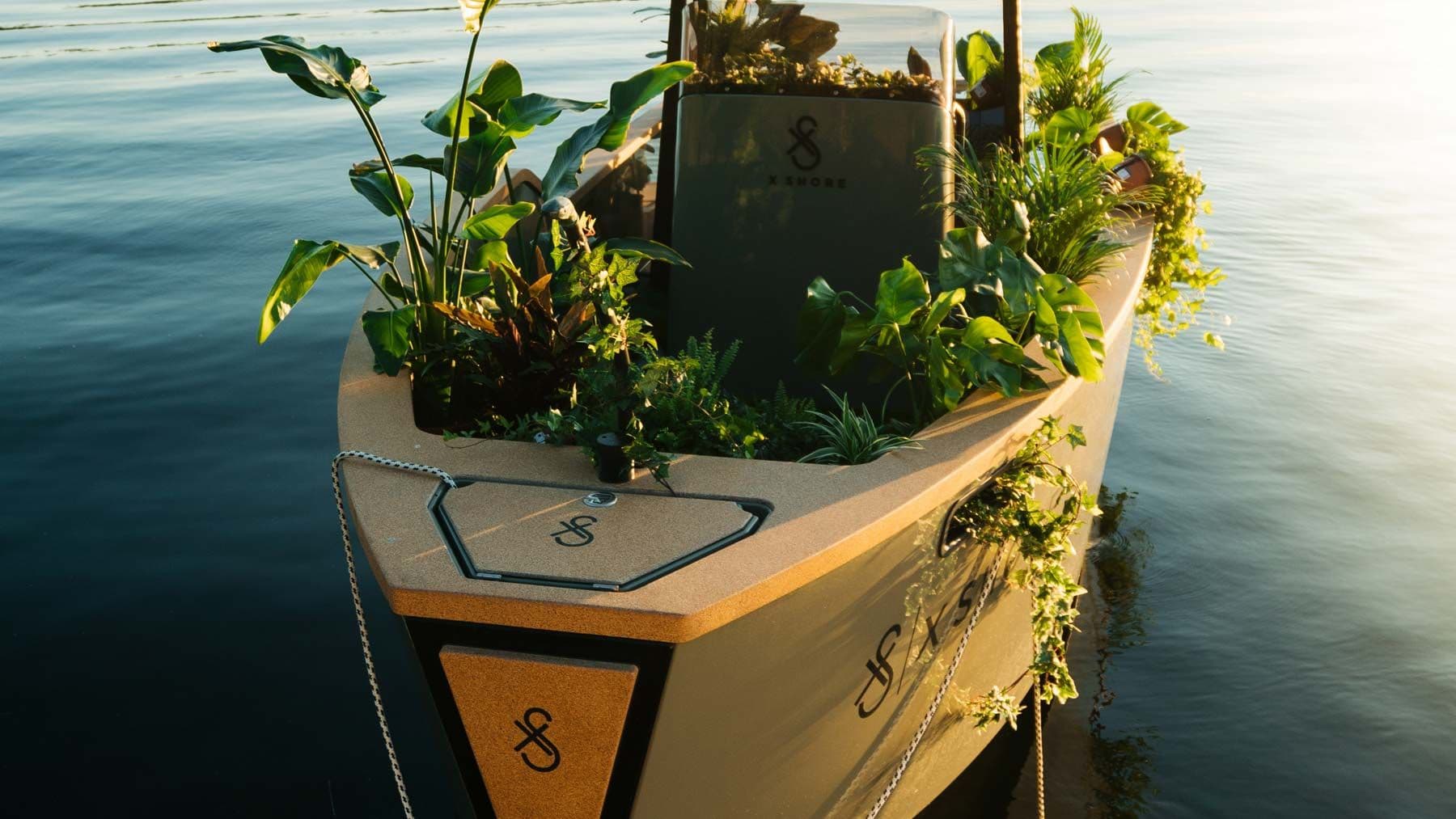
Environmental Impact
Combustion Engines:
- Produce emissions that contribute to air and water pollution. The environmental impact is significant, especially regarding greenhouse gases and water contamination from oil and fuel leaks.
Electric Boats:
- Produce no direct emissions, making them a much cleaner alternative. The environmental footprint is further reduced if the electricity used to charge the batteries comes from renewable sources.
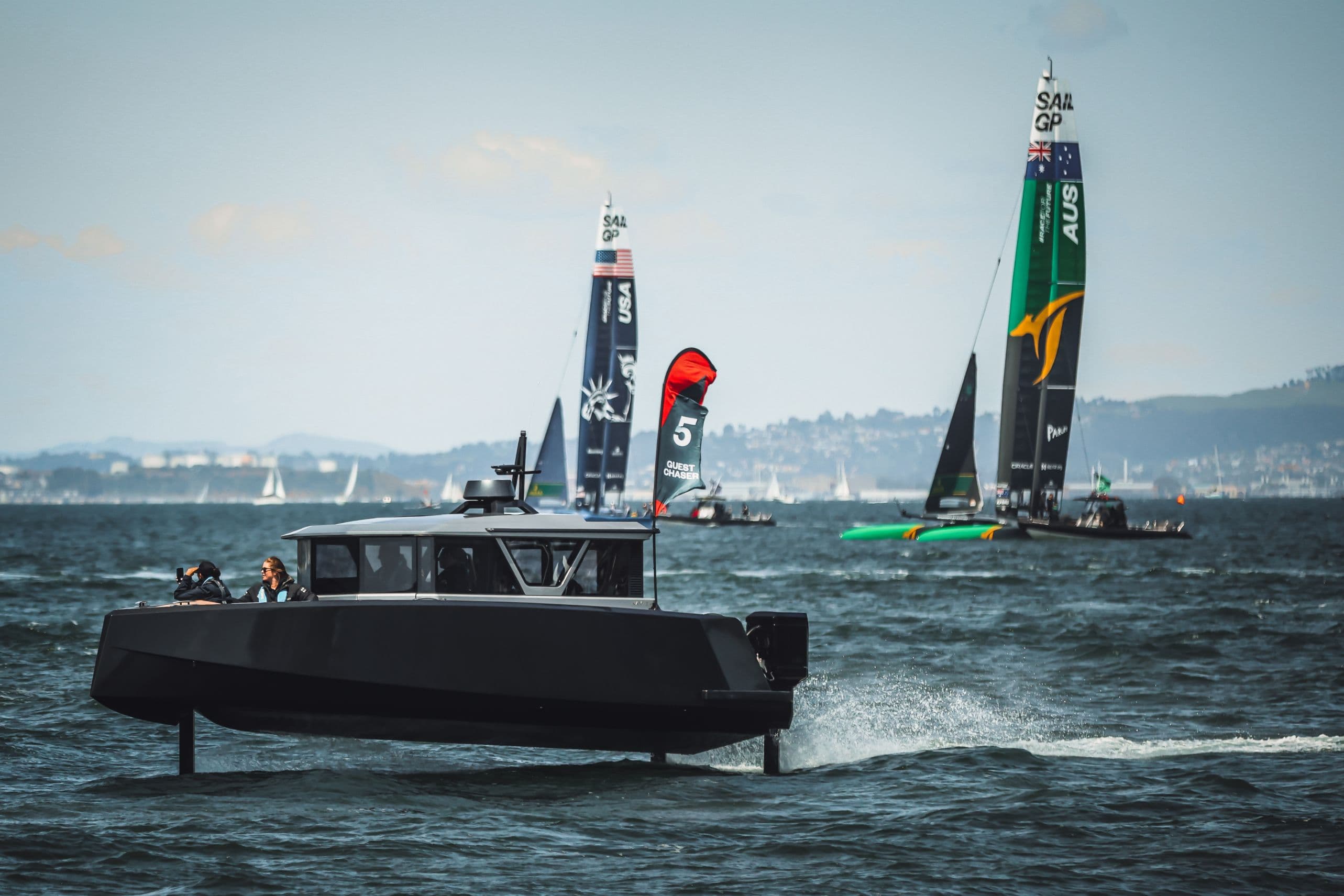
Performance and Usability
Noise and Vibration:
- Combustion Engines: These engines are known for their power noise and vibrations, which can detract from the boating experience.
- Electric Boats: Electric boats are much quieter and smoother, enhancing boating enjoyment without the loud noise of traditional engines.
Speed and Range:
- Modern electric boats can achieve speeds similar to those of their combustion counterparts. However, therange can vary depending on battery capacity. Advances in battery technology are continuously improving range capabilities.
- Electric Boat Motors: These motors provide efficient and consistent power, ensuring smooth acceleration and steady cruising speeds.
- Hull Design: Modern electric boats often feature optimized hull designs to maximize efficiency and reduce drag, allowing the boat to glide smoothly through the water.
Power Consumption:
- Electric boats are designed to minimize power consumption while maximizing performance. This ensures a more extended range and more efficient use of the battery's energy.
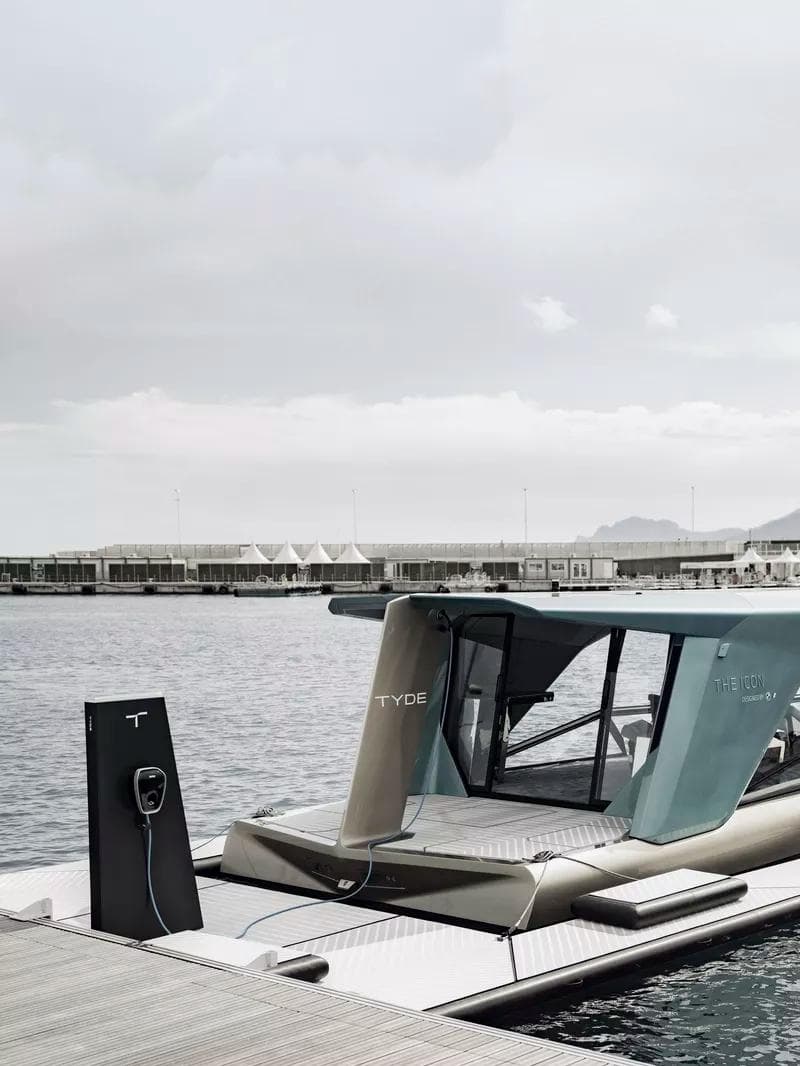
Practical Considerations
Range and Battery Life:
- The range of electric boats depends on battery size and efficiency. Currently, most electric ships are suitable for several hours of operation on a single charge, making them ideal for recreational use and short trips.
- Battery life and performance can be impacted by various factors, including speed, weather conditions, and load.
- Amount of Energy: The amount of energy stored in the batteries directly affects how long and far the boat can travel before recharging.
Charging Infrastructure:
- While charging stations for electric boats are expanding, they are still less widespread than traditional fuel stations. However, home charging solutions are available and becoming more practical with advances in fast charging technology.
Upkeep and Durability:
- Electric motors have fewer moving parts, leading to less wear and tear. This results in lower maintenance requirements and potentially longer lifespans for the propulsion system.
Performance in Various Conditions:
- Slow Speed: Electric boats are particularly efficient at slow speeds, ideal for cruising and enjoying the scenery.
- Plane and Cruise: Electric boats can achieve planning (foiling) speeds (where the hull lifts out of the water, reducing drag) and cruise efficiently at various speeds, making them versatile for different activities.
Types of Electric Boats:
- Outboard Motors: Electric outboard motors are popular for smaller boats and provide a clean, efficient alternative to traditional outboards.
- Sailboats: Electric motors are increasingly used as auxiliary power for sailboats, providing a quiet and efficient means of maneuvering when not under sail.
- Nautical Applications: Electric boats suit various nautical activities, from leisure cruising to more intensive water sports.
Wrap-Up
Electric boats present a compelling option for modern boaters looking for efficiency, cost savings, and environmental benefits. While they have higher initial costs, the reduced running costs, lower maintenance needs, and eco-friendly nature make them an attractive investment. Consider the following before making the switch:
Usage Patterns: Assess how often and how far you travel by boat. If your boating activities align with electric boats' current range of capabilities, they could be a great fit.
Charging Accessibility: Evaluate the availability of charging infrastructure in your area or consider the feasibility of installing a home charging station.
Long-term Savings: Calculate potential savings on fuel and maintenance over the boat's lifespan.
If these factors meet your needs, transitioning from a traditional boat to an electric one could be innovative and sustainable, offering a quiet, efficient, and environmentally friendly boating experience.


